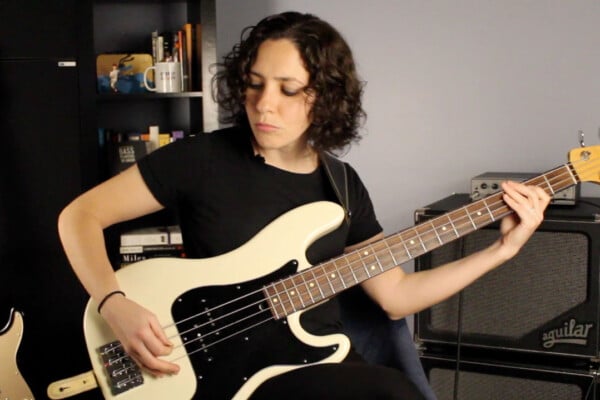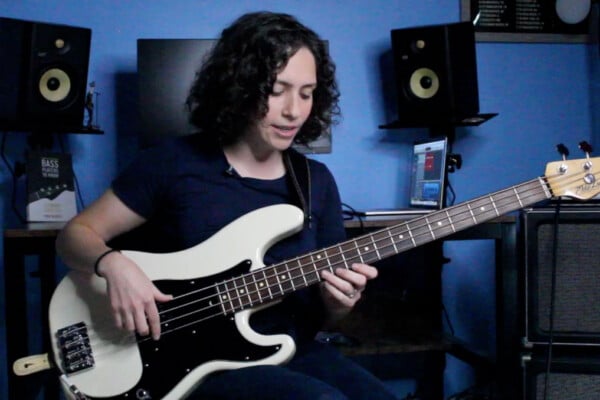Diatonic Arpeggios: A Guide to Better Improvisation
One way to quickly become fluent in a key is to familiarize yourself with that key’s diatonic arpeggios, i.e. the arpeggios beginning on each note of the scale. Facility in diatonic arpeggios is also necessary for true improvisational freedom and fluency.
I don’t suggest attempting this until you are comfortable with the originating scale. In today’s examples, that is C major. (See the exercises below the notes, or download this PDF for printing).
A few notes:
- I have given no fingerings here. However, I suggest that you play, at a minimum, two notes in a position before shifting.
- If you aren’t sure where a note is to be played, then I encourage you to explore, discover or otherwise learn it. You will gain a great deal through such investigation.
- The arpeggios are presented in C major, but should be applied to every major, minor, augmented and diminished tonality. When playing minor, I advise the harmonic minor scale.
- The arpeggios should be adjusted to your current technical level (e.g. played in 1, 2, 3 or more octaves as appropriate to your technique). You will benefit more by keeping it simple and playing it well.
- Keep it slow. Only work the tempo up, (slowly!) after you are comfortable with the patterns.
- Repetition is key, as is ease and fluidity of movement. Do it every day for a time.
- Once you are comfortable with diatonic arpeggios in a variety of keys, get an appropriate “play along” recording (e.g. something from the Aebersold series) and put your diatonic arpeggios to the “real time” test. This will help increase your mental flexibility and fluidity.
- Start with diatonic triads (ex. 1) and then move on to 7ths (ex. 2), 9ths, etc.
Enjoy!


(If you’d like to save and print these exercises, download this PDF.)
Dr. Donovan Stokes is on the faculty of Shenandoah University-Conservatory. Visit him online at www.donovanstokes.com and check out the Bass Coalition at www.basscoalition.com.




Not bad at all for jazzists.